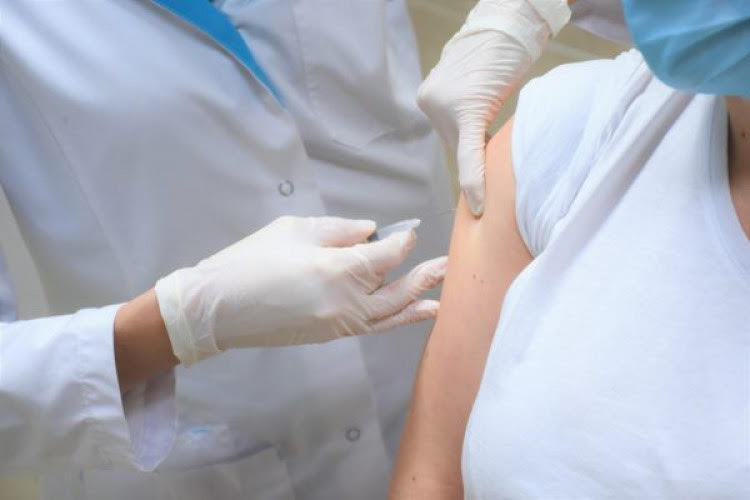
The medical institutions in 2023 were sufficiently provided with the necessary quantities of vaccines and consumables for administering them, the vaccines being procured through UNICEF. Despite this, the target of 95% immunization coverage at target ages was reached only with BCG (tuberculosis) vaccination, while for other vaccines, the target wasn’t achieved. The data were presented by the National Public Health Agency in connection with the European Immunization Week celebrated during April 21-27, IPN reports.
According to the Agency, in 2023 the primary immunization of children under one year varied between 96.2% (rotavirus) and 88.1% (viral hepatitis B), while in the eastern districts of the country ranged between 67.3% (whooping cough) and 82.8% (MMR). At the same time, vaccination against rotavirus infections and of girls against human papilloma virus wasn’t carried out in the Transnistrian region last year.
In the Republic of Moldova, vaccination is ensured by the state free of charge, with equitable access to vaccination services to maintain the level of immunization coverage of over 95%, against 13 infections included in the national vaccination calendar and epidemic indications in situations of increased risk of disease and spread of infections.
Health experts warn that vaccination is one of the most effective public health interventions, which prevent millions of deaths annually. Also, vaccination protects health at any age and contributes to high-quality life for all generations.
This year, the European Immunization Week takes place under the slogan “Vaccination protects generations”, having a special significance as it coincides with the 50th anniversary of the Expanded Program on Immunization (EPI).
In 1974, when it was launched, the EPI had the objective of protecting children worldwide from six serious infectious diseases and today this number has grown to 13 universally recommended lifetime vaccines and 17 additional vaccines, recommended depending on the regional epidemiological context.
Today, every country has a national immunization program and vaccines are recognized as being among the safest, most cost-effective and successful public health interventions to prevent deaths and improve the quality of life. According to the National Public Health Agency, immunization has played an important role in reducing infant mortality. The global infant mortality rate fell from 92 deaths per 1,000 live births in 1974 to 25.5 in 2024.












